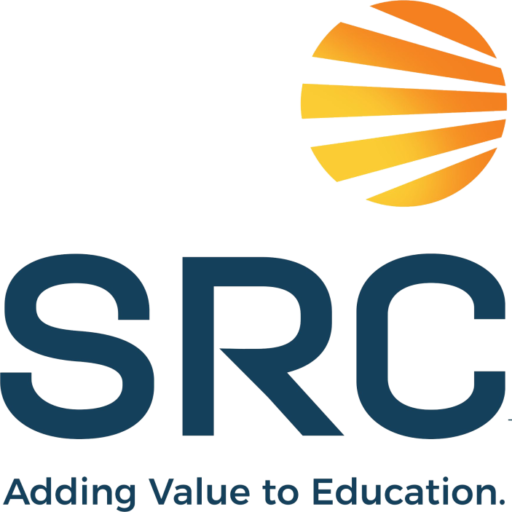
Breaking the Cycle: Addressing the Impact of Adverse Childhood Experiences on Student Development
Imagine you’re a little bird learning to fly. If the wind is gentle and the sky is clear, spreading your wings and soaring feels natural. But what if the wind is stormy and the sky is dark?
That’s what it can feel like for children who face tough challenges early in life, challenges known as Adverse Childhood Experiences (ACEs).
ACEs are difficult experiences that happen to some children, like losing a loved one, feeling unsafe, or living in a home where people argue a lot. These tough moments can be like heavy backpacks, making it harder for children to focus in school, make friends, or dream big.
Adverse Childhood Experiences (ACEs) profoundly impact children’s development, influencing their mental, emotional, and physical well-being long into adulthood. These experiences, which can include neglect, abuse, household dysfunction, or trauma, create a ripple effect that affects every area of a child’s life, including their academic performance, social interactions, and overall health
How Do ACEs Affect Children?
For a child, the brain is like a garden. When life is happy and safe, the garden grows colorful flowers and strong trees. But when there are storms, like fear or sadness, weeds can take over, and it becomes harder for the garden to thrive.
Similarly, ACEs can change the way a child’s brain develops, affecting how they learn, solve problems, and even stay healthy.
But here’s the good news: Just like a garden can recover with care, children can heal too. By understanding ACEs and offering support, we can help them grow strong and confident.
How Teachers, Parents, and Communities Can Help
Everyone has a role in breaking the cycle of ACEs. It takes a village to train a child, right?
- Creating Safe Spaces: Imagine stepping into a classroom where every smile feels warm, and every adult listens with care. Creating a safe space might sound Cliché. Teachers and parents can create safe spaces by:
- Being patient and kind.
- Encouraging children to share their feelings.
- Celebrating small victories, like solving a tricky puzzle or making a new friend.
- Teaching Coping Skills: Just like learning to tie shoelaces, children can learn ways to handle tough emotions. For example:
- Breathing deeply when they feel upset.
- Using words to express feelings like “I’m sad” or “I’m scared.”
- Fostering Connection: Children need to feel loved and understood. Spending time together, listening to their stories, or even playing games can make a big difference.
- Encouraging Growth: Think of challenges as stepping stones. We show children that it’s okay to stumble as long as they keep moving forward, by celebrating effort and resilience.
The Role of Professionals
For educators, social workers, and counselors, having an understanding of ACEs is crucial. You can start with:
- Training on Trauma-Informed Care: Learning how trauma affects children helps adults respond with empathy rather than frustration.
- Early Intervention: Identifying signs of ACEs early can help provide the right support before challenges grow bigger.
- Building Partnerships: Collaborating with families, schools, and communities ensures that children have a strong network of care.
Breaking the cycle of ACEs isn’t easy, but it’s possible. When we support children with love, patience, and understanding, we give them the tools to grow into strong, kind, and capable adults.
Remember, every small act, a kind word, a listening ear, or a comforting hug can help lighten a child’s backpack and brighten their journey. We can ensure that every little bird finds clear skies to soar.

